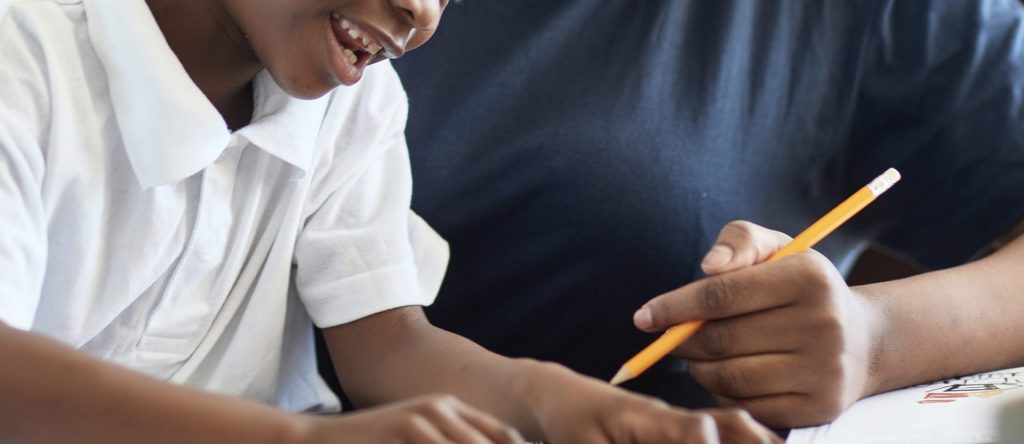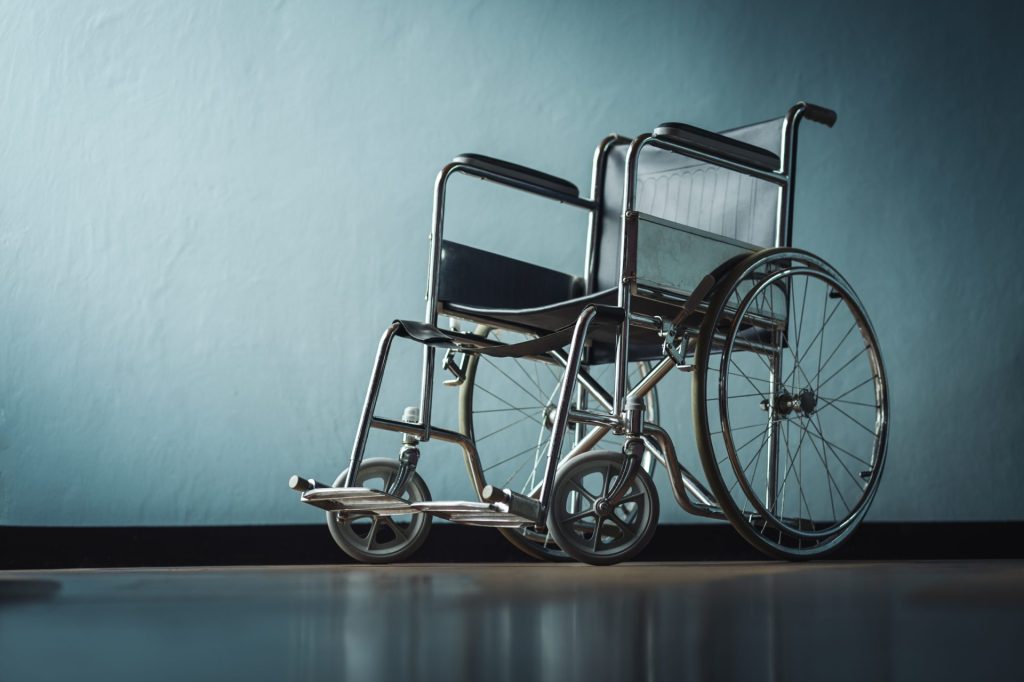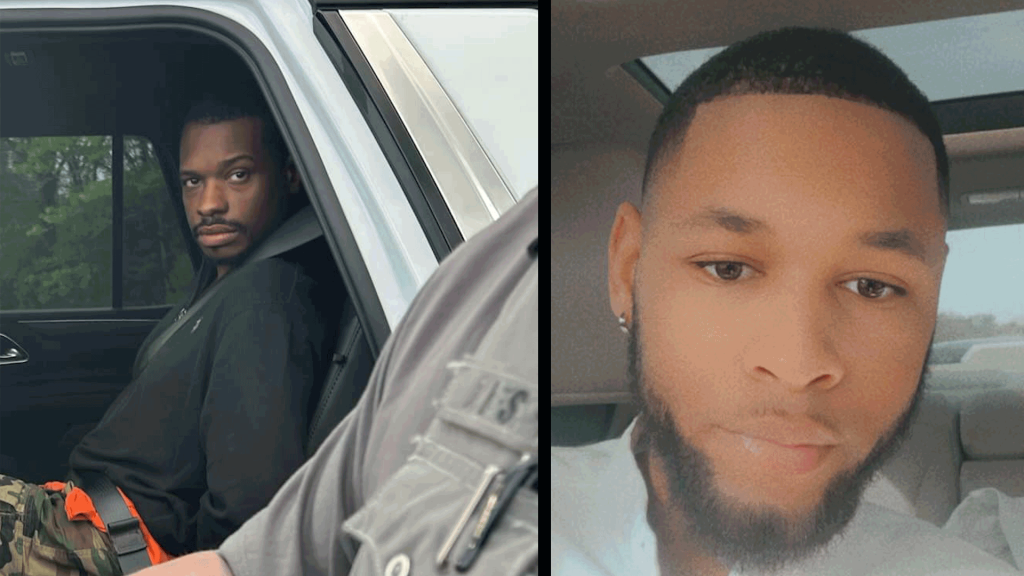
In response to changing tides in political and educational landscapes, more Black families are turning to homeschooling their children as a “form of resistance.”
The Increase Started During The Pandemic, Though Other Factors Also Play In
According to data provided by the U.S. Census, the percentage of Black households homeschooling their children increased from 3.3% to just over 16% during the 2020 pandemic.
However, Cheryl Fields-Smith—a professor at the University of Georgia—tells CNN that other factors influencing this shift include disproportionate discipline rates between Black and white students, as well as safety concerns and resegregation.
More & more Black families are choosing to homeschool, amid concerns about bullying, disciplinary issues, resegregation and the teaching of race, gender, systemic racism and US history in schools.
Here’s my story with @NTerryEllis @CNN #CNN https://t.co/DgOq6mNqTu— Athena Jones (@AthenaCNN) March 1, 2023
In an effort to help parents interested in getting started with homeschooling, Fields-Smith teamed up with Khadijah Ali-Coleman to create a group called the Black Family Homeschool Educators and Scholars.
Through this initiative, Ali-Coleman tells parents looking to homeschool their kids that setting a clear instructional mission is a key step in making the transition, and she notes that many are speaking out about “the way [schools are] teaching history.”
“We’re now seeing the way people are speaking out loud about how they have a problem with the way we’re teaching history.”
At the same time, though, she acknowledges that she “never want[s] to give the impression that it’s easy.”
“You have to think ‘What are the unique needs of your family and what are the support systems you need to create?’ I never want to give the impression that it’s easy. It’s always based on what the unique needs of the family are. Adjustments are definitely required and that’s something that you need to go in knowing.”
Parents Reflect On Transitioning To Homeschooling: ‘I Want To Be Able To Discuss Race In The Classroom’
One DMV-area mother named Tracie Yorke told CNN that her decision to shift to homeschooling was influenced by the chaos of remote learning during the pandemic.
Despite this, she also says that—as the school her son attended only had one Black teacher—she was worried that the environment wouldn’t be “healthy.”
“There was a lot of mayhem. I really realized, ‘I don’t think this environment is healthy for my child.'”
Yorke also adds that, in the wake of efforts from politicians to shut down conversations around critical race theory, she wants “to be able to discuss race in the classroom.” Additionally, she notes that she prioritizes teaching Black history all throughout the year and not only in February.
RELATED: Florida Teens Threaten To Sue Gov. Ron DeSantis Over Rejection Of AP African American Studies Course
Regarding his choice to homeschool his two daughters, Carlos Birdsong of Charlotte, North Carolina, told the publication that he sought to give them “a greater sense of cultural identity.”
“We moved here from South Carolina to this area because these public schools were supposedly good. The charter schools in our area are mostly white. The private schools are white. They are very good schools, but they may not be the best fit because they’re majority white.”
What are your thoughts on more Black families turning to homeschooling as “a form of resistance?”
















